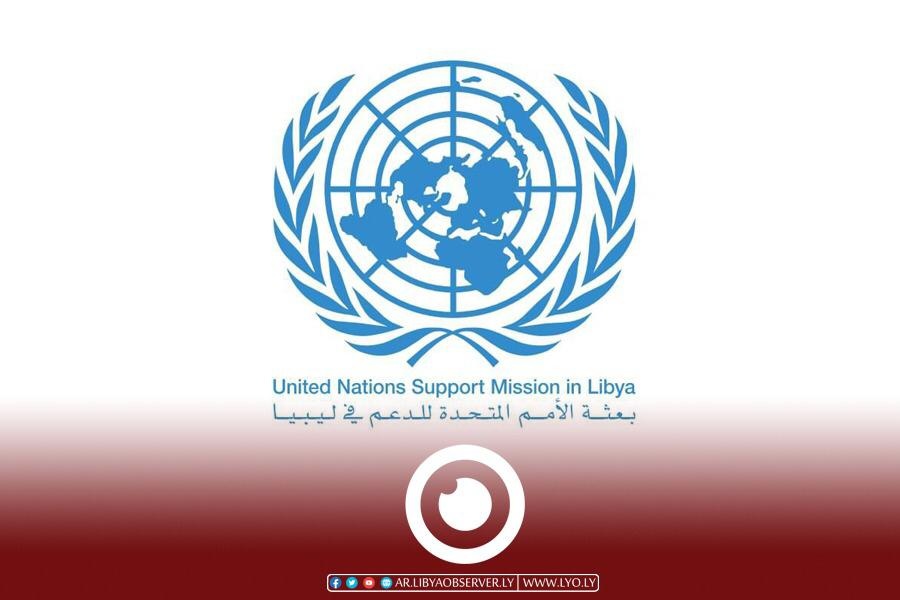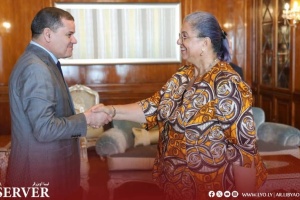The United Nations Support Mission in Libya (UNSMIL) has called on Libyan authorities and actors to collectively take forward reconstruction that focuses on the needs and best interests of the people whose lives were so severely affected by the floods of Derna.
A statement attributed to the Head of UNSMIL, Abdoulaye Bathily and the Humanitarian Coordinator Georgette Gagnon, said that six months after Storm Daniel and devastating floods had struck the city of Derna and the surrounding areas in eastern Libya, the mission's thoughts and condolences remained with the people and communities affected by this disaster, citing the outstanding efforts of local people to rebuild and enhance their communities and commend their remarkable resilience and strength.
"We underscore the need for a coordinated national platform for reconstruction, for the release of funds for long-term reconstruction efforts, and for their transparent management and distribution with effective oversight and accountability to the Libyan people. The UN reaffirms its commitment to supporting a coordinated national platform for inclusive and resilient recovery that prioritizes the livelihoods and efforts of affected people." The statement reads.
Since the floods UNSMIL has been working in Derna and the affected municipalities in coordination with local and national authorities, humanitarian agencies and international partners, to provide assistance and support to the affected people. To date, the UN in Libya and its humanitarian partners have reached 247,000 people, with emergency humanitarian assistance, including shelter, clean water, food, educational support, medical and psycho-social support.
UNSMIL said it would remain committed to supporting the people of Derna and the surrounding areas with their recovery as the humanitarian response concludes, adding that it was working closely with local and international partners to assist in rebuilding lives and communities, promoting sustainable development, and advocating for the rights and well-being of all affected people.







